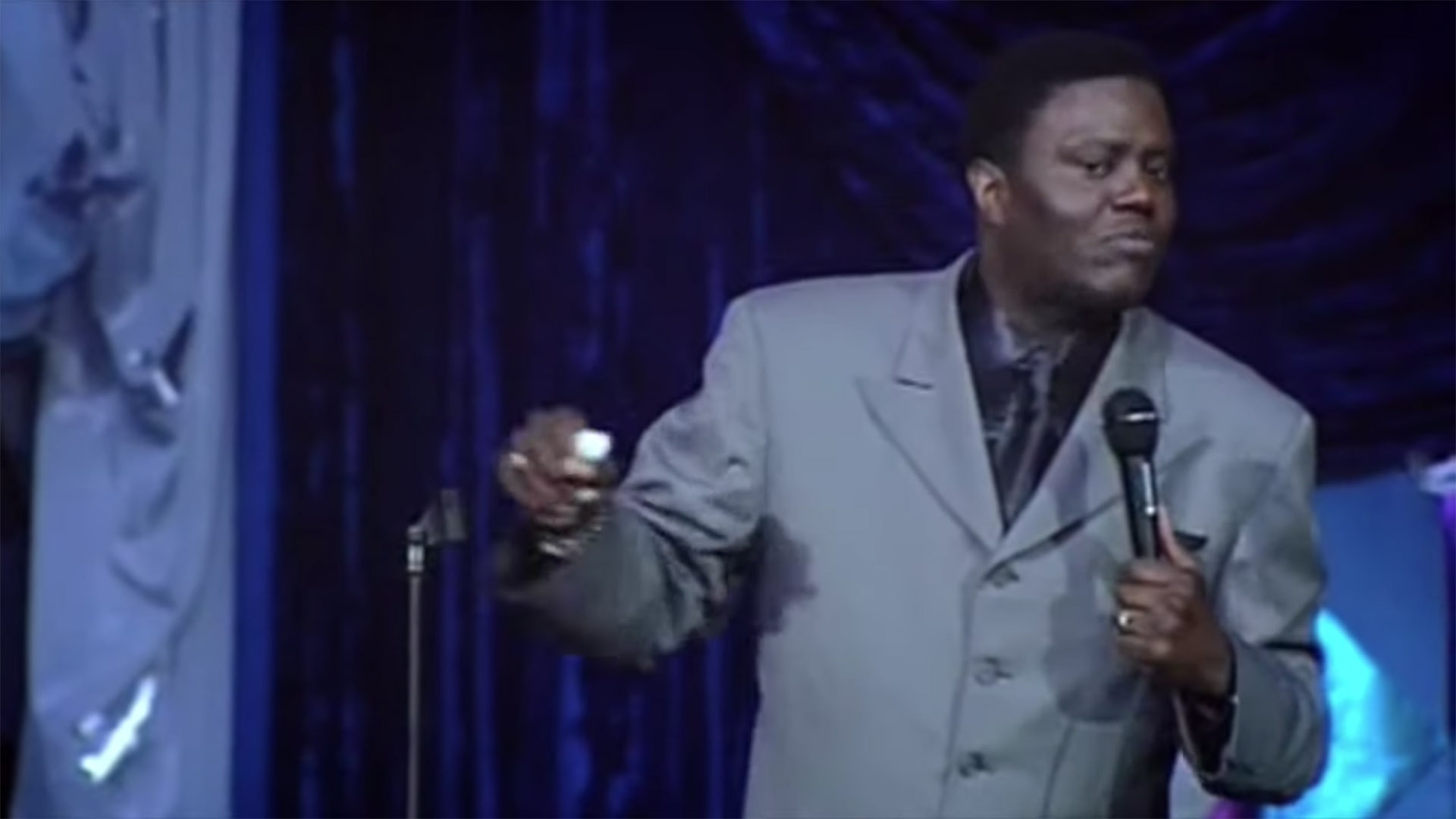Nature, Molestation, Conservation and Homelessness

Unmolested-Nature is not what Walt Whitman refers to as nature in his 1855–60 “Proto Leaf,” which he “permit[s] to speak, Nature, without check, with original energy.” Insofar as “Nature without check” is held deftly by Whitman and his pen’s authority over it to give or withhold permission to speak, it is clearly molested-nature. There is no authority above unmolested nature. It is not like James Baldwin’s 1962 dreamer, whose “aim is merely to go on dreaming and not to be molested by the world. His dreams are his protection against the world.” According to Baldwin, they molest him away from the world’s “sharp teeth.” Neither do the phenomena described by Karl Marx in a passage from his 1857-58 text Grundrisse, Notebook IV, suggest a definition of it. Marx writes, “Hence the great civilizing influence of capital; its production of a stage of society in comparison to which all earlier ones appear as mere local developments of humanity and as nature-idolatry.” Both terms describe moments before nature became “purely an object for humankind, purely a matter of utility . . .” Inherent in his term local developments there is already an act of molestation. For Marx, nature in the context of local developments is an earlier stage of society, which makes the molestation of nature a prerequisite for the establishment and maintenance of society. His term nature-idolatry intersects with a 19th-century American genre of painting, The Hudson River School. Marx’s nature-idolatry becomes lucid and critical upon its insertion into that American context. As a foreign critic, Marx is unbound to the American painters’ strongly nationalistic celebration of nature and their desire to separate themselves from European schools of Painting. That American desire and idolization in fact produced a nightmare for America’s original inhabitants by creating an atmosphere where poets could “go on dreaming and flee the teeth of the world.” That world for the Hudson River School was an “Old World” whose ghosts they were acquainted with. The dreamer's reverie, on the other hand, is of a virginal new world where “unchecked nature is allowed to speak.” In the “New World,” existing ghosts have yet to become familiar, and new ones have yet to be born. . . .
Continue reading
Continue reading